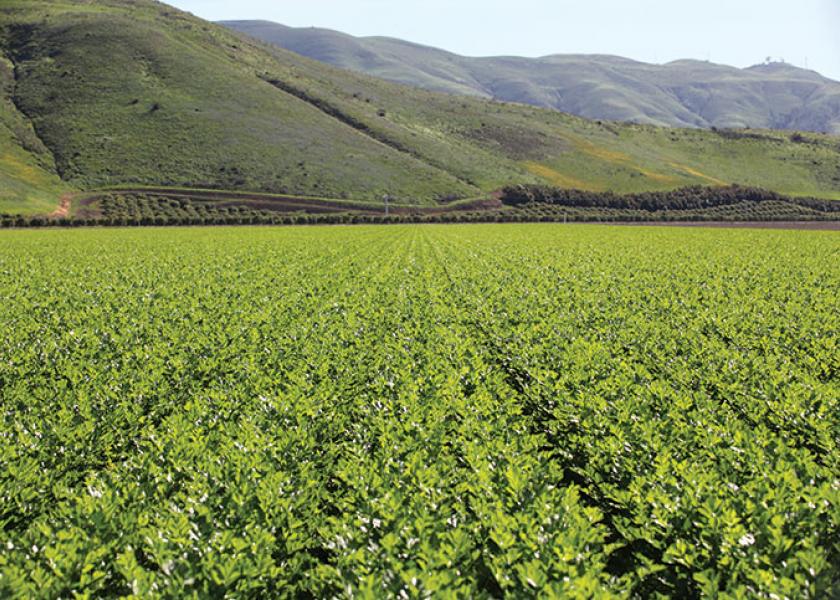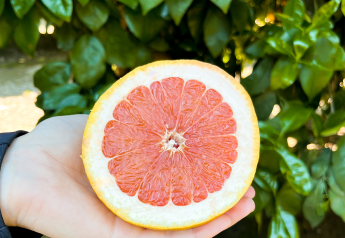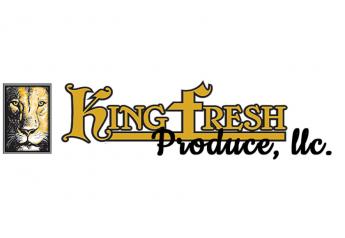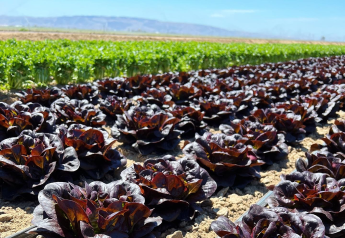Boskovich Farms serves up sustainability

Whether it’s providing fresh produce for foodservice operators, retailers or other customers, sustainability is top of mind at Oxnard, Calif.-based Boskovich Farms Inc., said Mike O’Leary, vice president of sales and marketing for the fourth-generation farming company.
There was no single point in time when the company decided to shift to a sustainability approach. The company always has been good environmental stewards, he said.
“Farming challenges us to conserve resources and minimize waste to maximize our return per acre,” O’Leary said. “That mindset breeds resource control that ultimately crafts the way we look at our sustainability program.”
Things are much different now than they were generations ago in the farming industry.
“As new technology in farming and production is introduced, we look for ways to improve our sustainability commitment,” O’Leary said.
“It’s a productive approach to help manage our business and help minimize our environmental impact.”
Sustainability efforts are evident in virtually every aspect of the operation.
- The company upgraded its tractor engines to turbo charged to increase fuel mileage and reduce emissions and uses “doubles” to improve capacity, reduce costs and lessen wear and tear.
- Water conservation is achieved through drip irrigation systems; water is filtered and recycled at the firm’s processing facility; and well pumps are proficiently managed to maximize output, reduce fuel costs and allow more efficient water delivery.
- Use of chemical fertilizer is reduced by using crop rotation techniques, and drip irrigation plays a role here, too, by allowing for better coverage of pesticides and herbicides, decreasing the amount applied.
- Boskovich Farms was in the forefront of adopting reusable pallets, and by converting to reusable plastic containers, the company has substantially reduced its corrugated usage.
- Also in the packaging realm, the company has converted film packaging to polylactic acid — or polylactide — a biodegradable alternative to petrochemical based films.
- The company has reduced its landfill use by 52 tons each month through its recycling programs in the processing plant and offices, and a cull press has been added to compact vegetable waste, reducing the number of truckloads of waste by half.
- To save energy, Boskovich Farms participates in Southern California Edison Co.’s “Saving by Design” program that will reduce the plant’s energy consumption 30% by modernizing and upgrading its refrigeration system.
- The company also has installed energy-efficient lighting throughout its facility, and by using renewable energy sources in the plant, has cut back on energy needed to chill water and make ice.
Some may say that sustainability and concern for the environment have taken a back seat to concerns about the COVID-19 pandemic, but that doesn’t seem to be the mindset at Boskovich Farms.
“Younger consumers have lived most of their lives with sustainability and environmental concerns that will continue despite the recent instability,” O’Leary said.
“Those are the future consumers who will put their trust in our industry to meet their needs.”
Short-term costs don’t seem to be the deciding factor when it comes to sustainability efforts at Boskovich Farms.
“Our approach is to do what’s right for the company, our employees, and the environment,” O’Leary said. “Most of the commitment comes at a cost that ultimately returns something back to the company in managed savings.”
The company looks at sustainability with an open mind and asks if the sustainability proposition provides it a different way of looking at things, he said.
Not every sustainability idea comes to fruition at Boskovich Farms, but that’s OK.
“Finding the right projects to move our sustainability efforts forward to align with the consumer solidifies our commitment,” O’Leary said.
Related Content:
Boskovich Farms touts foodservice
Marketscope — Vegetable f.o.b.s as of May 4
Organic Produce Business Updates







